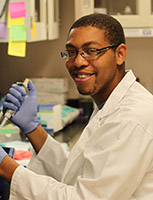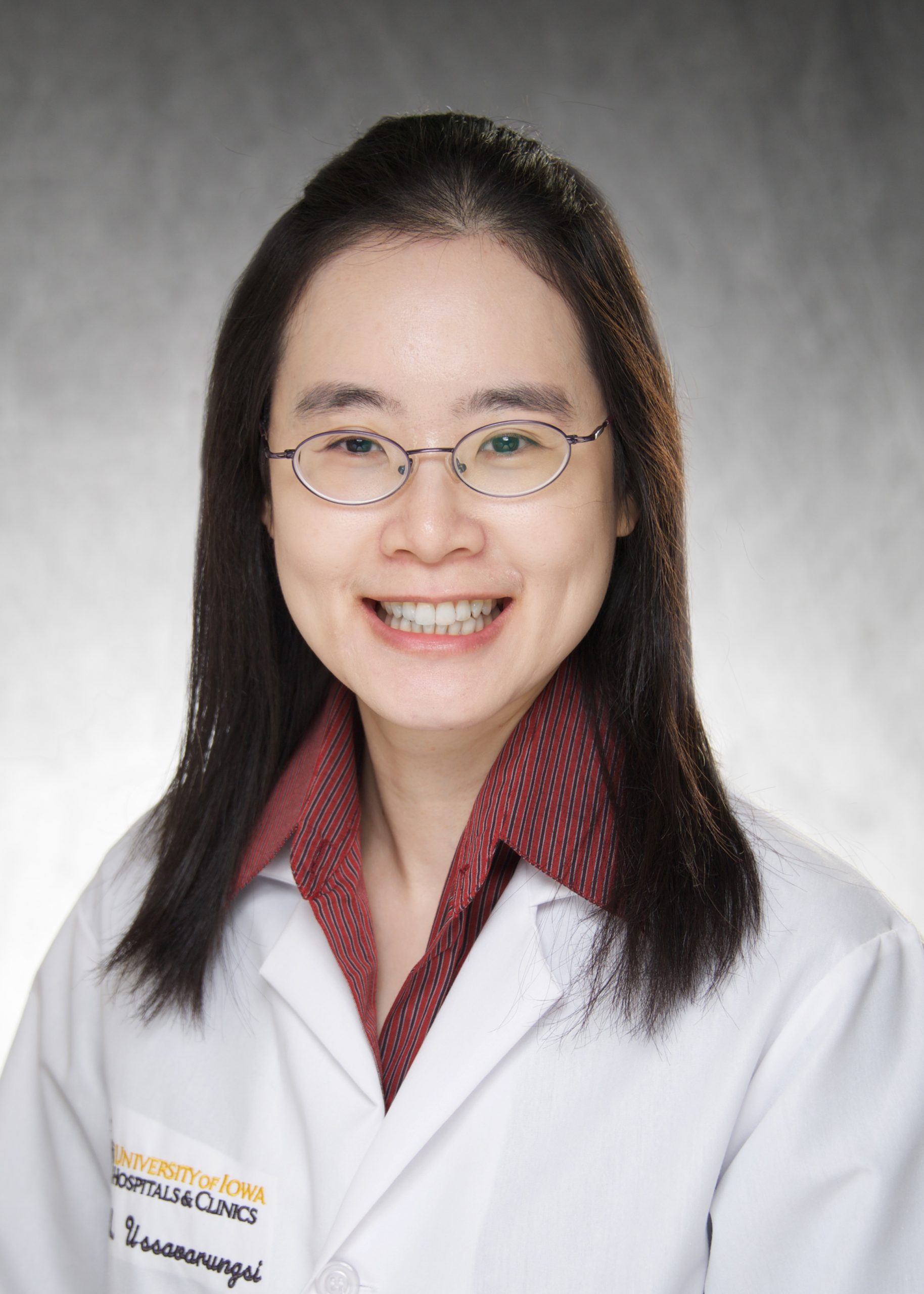Each year University of Iowa Health Care, the Carver College of Medicine, and all our departments commemorate the birthday of Dr. Martin Luther King Jr. by designating the week as “Human Rights Week.” We frame these days as a time of celebration, instruction, and service, reflecting on our commitment as an institution to the tenets of Diversity, Equity, Inclusion, and Justice. Our Department of Internal Medicine has always embraced these celebrations to showcase our commitment to principles we hold dear. One year ago, we used the opportunity to celebrate the fact that women outpaced men in medical school enrollment in the United States for the first time, as well as to recognize the receipt of the Culturally Responsive Health Care Award by the members of our LGBTQ Clinic.
At that time little did we know that events would develop later in the year that would bring into sharp focus how far away Dr. King’s “Mountain Top” would feel to us on our journey toward a society that is truly equitable. The COVID-19 pandemic laid bare the impact of racial and ethnic disparities on health outcomes in America. The killing of George Floyd exposed to the world disparities in the treatment of people of color and Black men in particular by law enforcement. These events not only forced introspection and outward shows of solidarity, but prompted our institution to examine ways in which overt, covert, and systemic racism have permeated so many aspects of our social fabric, including the practice and instruction of medicine. What began last summer was an awakening from a half-sleep, where instead of waiting for a January to spend a week focused on DEI issues, we all began to openly engage on the areas where we must improve, where we must reflect and understand the diverse communities that we serve, if we are truly going to change medicine and change lives.
What I have been proud to witness within the institution is a hunger for change and growth. We joined the Deans’ DEI Task Force; we participated in the college’s listening sessions and held our own to understand and give voice to the concerns of our members. Under the leadership of our Diversity Chair Dr. Nicole Nisly we relaunched a Women in Medicine group that has begun meeting regularly and now has dedicated and secure communication channels for support and encouragement. I believe the work has gained a real momentum that will be sustained. I also want to give a shout-out to my post-doc Dr. AJ Hinton, Jr, who has spearheaded a nationally recognized initiative to identify scientists of color, so that their visibility can be enhanced to many who are seeking out mentors. Not that we have been on a permanently upward trajectory. Last fall, we had to respond to limits on our ability as organizations that receive federal funds to openly examine and discuss diversity and to offer the training that ensures all members of our community develop an understanding of the many issues—some subtle—that obstruct our path toward an equitable work and learning environment. That moment offered our leadership a chance to reaffirm our commitment to change, as did I. I have also taken opportunities to be frank about the challenges our department faces to reaching greater equity for women and underrepresented minorities. When symbols of racial oppression were paraded through our nations’ Capitol earlier this month, it became necessary again to define our terms, this time on the concept of leadership. And as much as I have tried to shine a light on the path ahead, I have also tried to listen as much as I can, and it is my hope that this department always remains an environment where honesty is given the space and empathy it deserves.
What a year this has been. Throughout this time, our department has maintained its resolve and strong commitment to ensuring that we create and nurture an environment where no matter where you are from, what you look like, what you believe, or who you love, we will accept you here as a learner, a colleague, or a patient. It is my hope that you took advantage of many of the sessions offered last week, including the outstanding Distinguished Lecture on social justice from Dr. Joan Reede, a recording of which I understand should be available for viewing soon. There are also some excellent webinars that are available right now, which look at everything from how we interact with each other to talking to our children about these issues. It is also heartening to note that many voices are joining the chorus of examining the institutional barriers to advancement of under-represented faculty in the academy. So as we aspire internally toward these goals, we are not alone in working together to remove barriers that hinder the diversity in our ranks and create a brighter future for all.
This is important work, and as we reflect on the challenges ahead, it is essential for us as a department to ensure that our celebrations and efforts to honor Dr. King’s legacy are not merely something that we do because the calendar tells us to do so. Rather, we should be reminded that work to address barriers that have resulted from decades of racial injustice, work to strengthen a culture that celebrates diversity and creates a playing field where all can succeed, work to ensure gender equity in our ranks and other essential goals is hard and risks being easily forgotten or set aside. But I am confident in your commitment to continue this journey and it is my hope that when we celebrate Martin Luther King’s birthday one year from now, we can look back and celebrate even more tangible things that we have done to get us closer to the “Mountain Top.”




